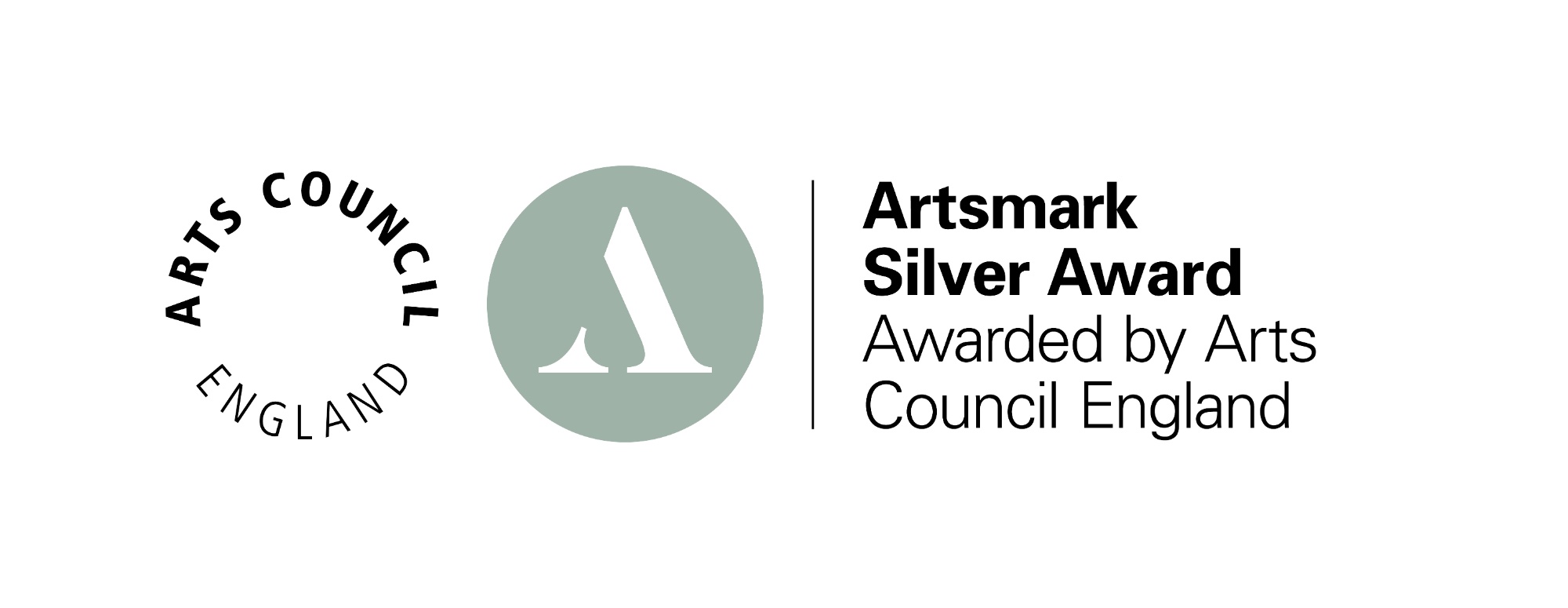This policy reflects the Equality Act 2010 which harmonises and replaces previous legislation including the Race Relations Act 1976, Disability Discrimination Act 1995, Gender Recognition Act 2004 and Sex Discrimination Act 1975. The policy therefore supersedes all previous school policies on Disability, Ethnicity (i.e., Race) and Gender. Through this policy St Faith & St Martin Church of England Junior School will fulfill its public duty to have due regard to the need to eliminate unlawful discrimination, advance equality of opportunity, and foster good relations in connection with disability, ethnicity, gender, religion, sexual identity, and where appropriate, age (applicable to employees only). The guiding principles in this policy refer to all individuals and therefore are equally applicable to children, staff and governors in addition to visitors to St Faith & St Martin Church of England Junior School.
Policy into Practice and Guiding Principles
In fulfilling the legal obligations of the Equality Act 2010, we are guided by the following principles:
Principle 1: All members of the school community, learners and potential learners, and their parents and carers, are of equal value.
Principle 2: We recognise and respect difference.
Treating people equally does not necessarily involve treating them all the same. Our policies, procedures and activities must not discriminate but must nevertheless take account of differences of life-experience, outlook and background, and in the kinds of barrier and disadvantage which people may face, in relation to:
- disability, so that reasonable adjustments are made,
- ethnicity, so that different cultural backgrounds and experiences of prejudice are recognised,
- gender, so that the different needs and experiences of girls and boys, and women and men, are recognised,
- religion, belief or faith background,
- sexual identity, and
- age.
Principle 3: We foster positive attitudes and relationships, and a shared sense of cohesion and belonging.
We intend that our policies, procedures and activities should promote positive attitudes, good relations, positive interaction, mutual respect, an absence of harassment, and a dialogue towards, between and within protected characteristic groups.
Principle 4: We observe sound equalities practice in staff recruitment, retention and development.
We ensure that policies and procedures should benefit all employees and potential employees, for example in recruitment and promotion, and in continuing professional development whether or not they are in a protected characteristic group.
Principle 5: We aim to reduce and remove inequalities and barriers that already exist.
In addition to avoiding or minimising possible negative impacts of our policies, we take opportunities to maximise positive impacts by reducing and removing inequalities and barriers that may already exist towards, between and within protected characteristic groups.
Principle 6: We consult and involve widely.
Where relevant we engage with a range of groups and individuals to ensure that those who are affected by a policy or activity are consulted and involved in the design of new policies, and in the review of existing ones.
Principle 7: We intend that our policies, activities and curriculum should benefit society as a whole, both locally and nationally, by fostering greater social cohesion through encouraging understanding and tolerance, towards, between and within protected characteristic groups.
Principle 8: We base our practices on sound evidence.
We maintain and publish data regarding our progress towards greater equality in relevant school matters.
Principle 9: We formulate and publish specific and measurable objectives based on the evidence we have collected and published in relation to our former aims and objectives.
Relationship to other policies
- Behaviour, Discipline and Anti Bullying
- Attendance
- Admissions
- Accessibility
- Charging and Remissions
- Home School Agreements
Arrangements, Roles and Responsibilities
The equality objectives for St Faith & St Martin Church of England Junior School will form part of the School Improvement Plan. They will be reviewed and refreshed on a four-year cycle.
The equality information will be monitored and reported to the Governors on an annual basis.
St Faith & St Martin Church of England Junior School will undertake Equality Impact Assessment (Equality Analysis) exercises when renewing or reviewing policy or practice to ensure full compliance with the Equality Act 2010.
St Faith & St Martin Church of England Junior School will take a common sense approach to thinking about what effect policies and actions will have on race, disability, sex and other protected groups. The effect could be positive, neutral or negative. We will identify barriers and remove them before they create a problem, increasing the opportunities for positive outcomes for all groups, and using and making opportunities to bring different communities and groups together in positive ways.
Curriculum
Curriculum information will also be evaluated to ensure that equality groups are supported positively.
All other data relating to whole school monitoring will encompass scrutiny of equality information so that groups are supported positively.
When it is reviewed, each curriculum subject or area will ensure that teaching and learning will reflect our Guiding Principles as set out above.
Staff and Governors
The Governors responsible for ensuring that the school complies with legislation, and that this policy and its related procedures and action plans are implemented.
The Headteacher and School Businness Manager have the role of monitoring the implementation of this policy.
The Head is responsible for implementing the policy; for ensuring that all staff are aware of their responsibilities and are given appropriate training and support; and for taking appropriate action in any cases of unlawful discrimination.
All staff are expected to:
- adhere to this policy;
- promote equality and inclusion in their classrooms, amongst colleagues and with visitors to the school;
- deal with and report any prejudice related incidents that may occur;
- plan and deliver schemes of work and lessons that reflect our Guiding Principles;
- provide and analyse quantitative and qualitative data that supports better understanding of equality groups and any issues that may arise, e.g., attendance, bullying, exclusion;
- undertake or support Equality Impact Assessment (Equality Analysis) processes.










